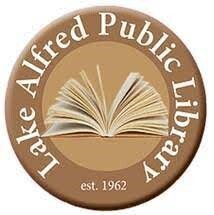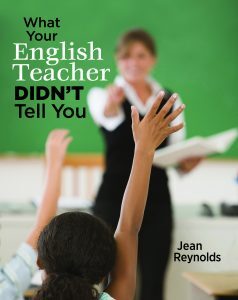Making Writing Choices
 Instant Quiz
Instant Quiz
Can you correct the error in the sentence below? Scroll to the bottom of today’s post for the answer.
We said our good-byes, it was a sad moment.
_________________________________________________________________________________________
Recently my friend Mike Goronsky and I had an interesting discussion about the term expletive. I’ve always thought that an expletive was a swear word or vulgar expression. In 1974, when the Watergate story broke, President Richard Nixon released transcripts of taped conversations in the White House. Nixon often used swear words, and the transcription was full of notations like “expletive deleted.”
But thanks to Mike, I learned that expletive can also mean “an unnecessary word or phrase”: there is, it is, indeed, and so on. Getting rid of those lazy words can make your writing stronger:
There are going to be hundreds of people attending the party. WEAK
Hundreds of people will attend the party. STRONG
I’m sure many writing instructors routinely tell their students not to start sentences with there is and there are. It sounds like a sensible rule, doesn’t it?
But writing “by the rules” is risky. You’re relinquishing your power – letting a rule make the decisions instead of using your own eyes, ears, and brain.
Compare the two versions below. Which sounds stronger to you?
1. There are many opportunities for promotion.
2. Many opportunities exist for promotion.
I would choose #1. “Many opportunities exist…” turns me off. Exist is a weak verb.
You might disagree, and that’s fine. The point is that you’re processing the sentence yourself – listening to it carefully and making up your own mind. That’s what good writers do.
Rules are only guidelines.
I have another example. Some time ago my friend Jane Brumbaugh wrote a marvelous article about a community that came together to start their own library. Here’s her first sentence:
There was no library in Lake Alfred in 1961.
A writing textbook might tell you that this version is better:
Lake Alfred didn’t have a library in 1961.
Nope. I like Jane’s original sentence.
Who’s right? I don’t claim to be infallible. But here’s my reasoning: the most important word in that sentence is library. Starting the sentence with “Lake Alfred” sends the wrong message: this is going to be about a small town in Central Florida.
The article was about creating a library with practically no resources. I want the word library to be close to the beginning of the sentence.
It’s easy to forget how precisely our brains work. Tiny shifts in a sentence – even if they break a rule or two – can add power to your writing. Trust yourself!

_____________________________________________________________________________________________
Instant Quiz ANSWER
Today’s Quiz sentence is actually two sentences. (Here’s a handy rule for you: “If it starts with it, it’s a sentence.”)
Change the comma to a period or semicolon:
We said our good-byes. It was a sad moment. CORRECT
We said our good-byes; it was a sad moment. CORRECT
What Your English Teacher Didn’t Tell You is available in paperback and Kindle formats from Amazon.com and other online booksellers.
“A useful resource for both students and professionals” – Jena L. Hawk, Ph.D., Mississippi Gulf Coast Community College
“Personable and readable…Jean knows her subject forwards and backwards.” – Adair Lara, author of Hold Me Close, Let Me Go
Jean Reynolds's Blog
- Jean Reynolds's profile
- 2 followers





